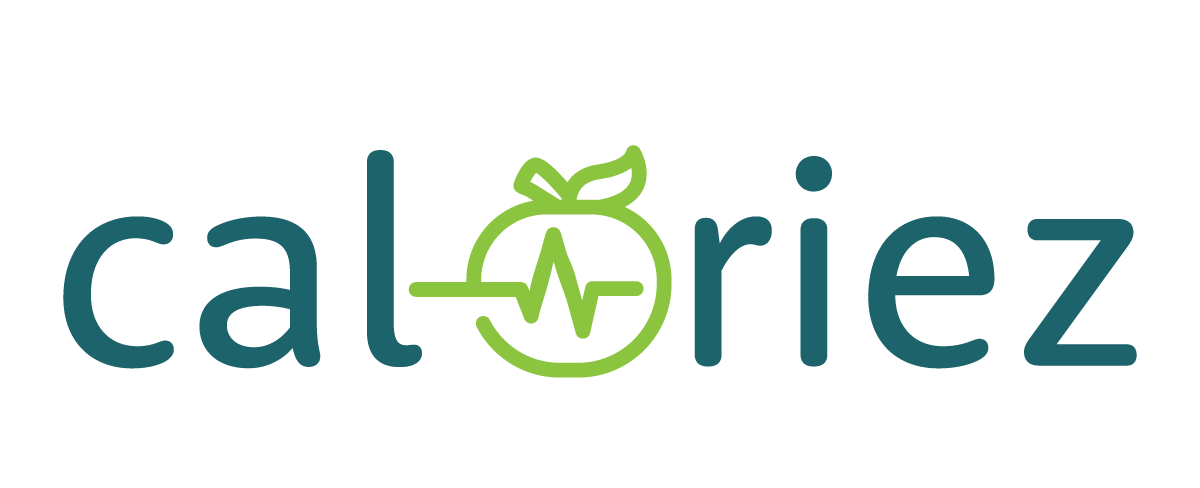Thanks partially to good old style misogyny, ladies athletes are sometimes undervalued—and underpaid—in sports activities. So once I watched a now-viral soccer advert finish in a stunning approach that challenged these deeply entrenched misconceptions, I used to be all for it.
The 2-minute advert, created by the French division of the telecommunications firm Orange and the advertising company Marcel, launched within the lead as much as the 2023 FIFA Ladies’s World Cup and makes use of the ability of video modifying to dispute these ideas. It begins off with a spotlight reel of what seems to be the French males’s soccer crew pulling off critically spectacular feats: dazzling shows of footwork, wonderful aerial finishes, and lightning quick sprints down the pitch. Dramatic music performs within the background, commentators excitedly narrate the scenes, and throngs of followers erupt in cheers. About midway via, the display screen goes black and textual content seems: “Solely Les Bleus [the men’s national team in France] can provide us these feelings.”
Then, the plot twist. On-screen textual content reveals the gamers weren’t the lads’s crew—the video rewinds to point out all that footage was truly from ladies’s video games. With superior modifying strategies, the ladies’s faces and names on their jerseys have been swapped for the lads’s; side-by-side comparisons present the genuine footage towards the pretend clips. All these wonderful performs you simply watched? They have been carried out by feminine athletes.
The advert concludes with the textual content: “At Orange, we help Les Bleus.” Then, an modifying instrument comes into body to make a small however essential change: It provides in an “e” to the final phrase to spell “Bleues”—to indicate the French ladies’s nationwide crew. (You may try an English model of the video on YouTube right here.)
Throughout social media, viewers expressed their awe over the advert. “They did an unimaginable job revealing biases that exist round males & ladies athletes,” Twitter consumer brilewerke wrote. “I bought a bit misty-eyed whereas watching that,” mentioned Reddit consumer koreawut.
By highlighting the truth that ladies’s soccer may be simply as thrilling as males’s—and that the athletes are simply as proficient, athletic, and able to drawing an emotional response from followers—the advert undermines the notion that girls’s sports activities aren’t as entertaining or enjoyable to look at, which is generally used as a justification for why ladies athletes usually aren’t paid as a lot as their male counterparts.
These days, although, there was progress in the appropriate course, particularly in professional soccer. After a six-year battle, the US ladies’s nationwide soccer crew (USWNT) received a $24 million settlement in 2022 from the US Soccer Federation—plus a pledge that the group can pay the lads’s and girls’s nationwide groups equally in competitions. Additionally encouraging: Extra individuals are exhibiting curiosity in ladies’s sports activities than ever earlier than. The 2019 Ladies’s World Cup, for instance, attracted a document 1.12 billion viewers, in accordance with FIFA. And the upcoming 2023 Ladies’s World Cup is on monitor to be essentially the most attended standalone ladies’s sporting occasion in historical past, with greater than 1,000,000 tickets bought as of final month, per FIFA.
Nonetheless, there’s extra work to be executed to dismantle the gender bias in sports activities. Researchers from a current research revealed in Sports activities Administration Assessment discovered that individuals rated movies of elite males’s soccer gamers increased than ladies’s, as Time reported. Nonetheless, when the gamers’ genders have been obscured, they rated the 2 teams equally.
“Whether or not one seems to be at income, funding, or protection, males’s sports activities do higher than ladies’s. Many assume that absolute variations in high quality of athletic efficiency are the driving drive,” the authors wrote within the research. “Nonetheless, the existence of stereotypes ought to alert us to a different risk: gender info would possibly affect perceived high quality.”
The advert’s launch couldn’t have come at a greater time: With the Ladies’s World Cup kicking off this week in Australia and New Zealand, there might be loads of alternative to see simply how flawed these gender biases are—and the way really thrilling ladies’s sports activities may be.
Associated:




